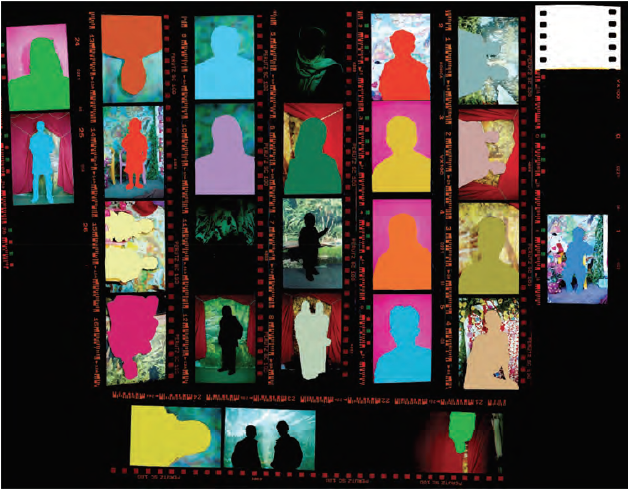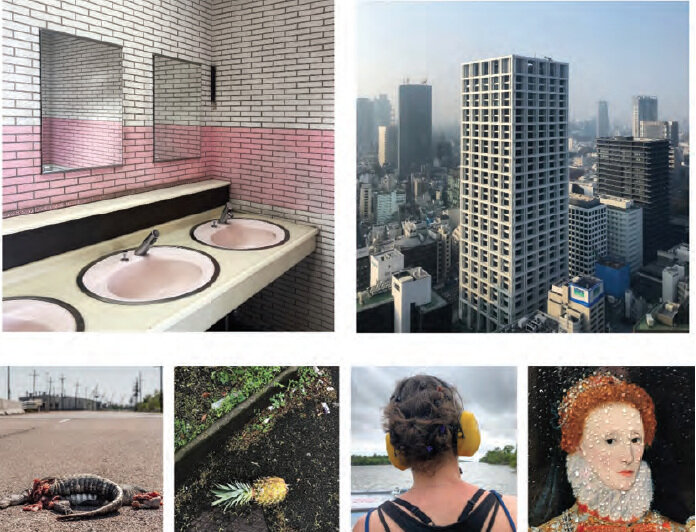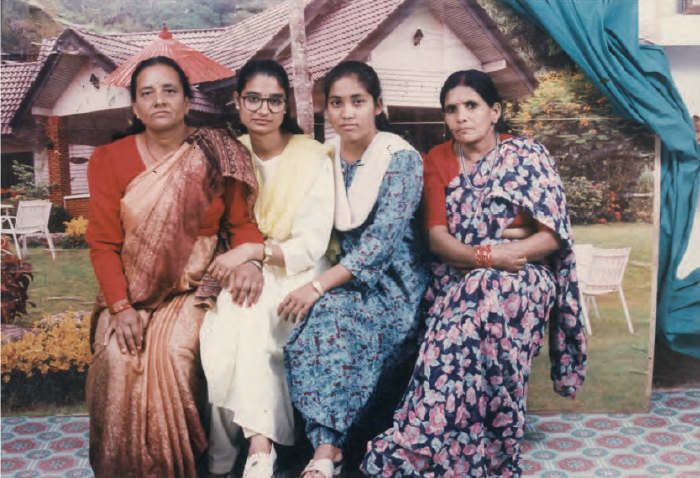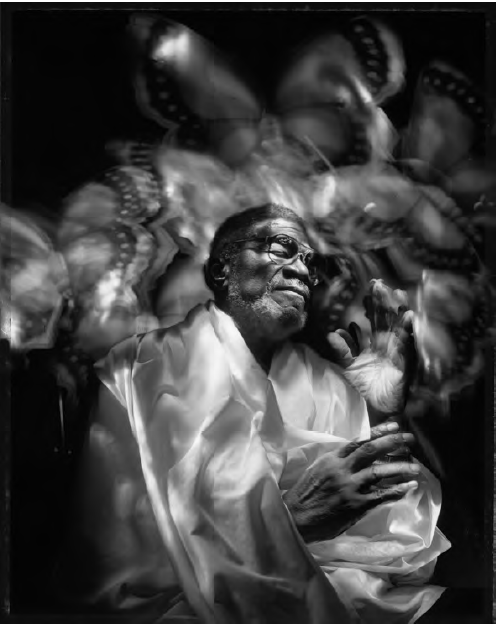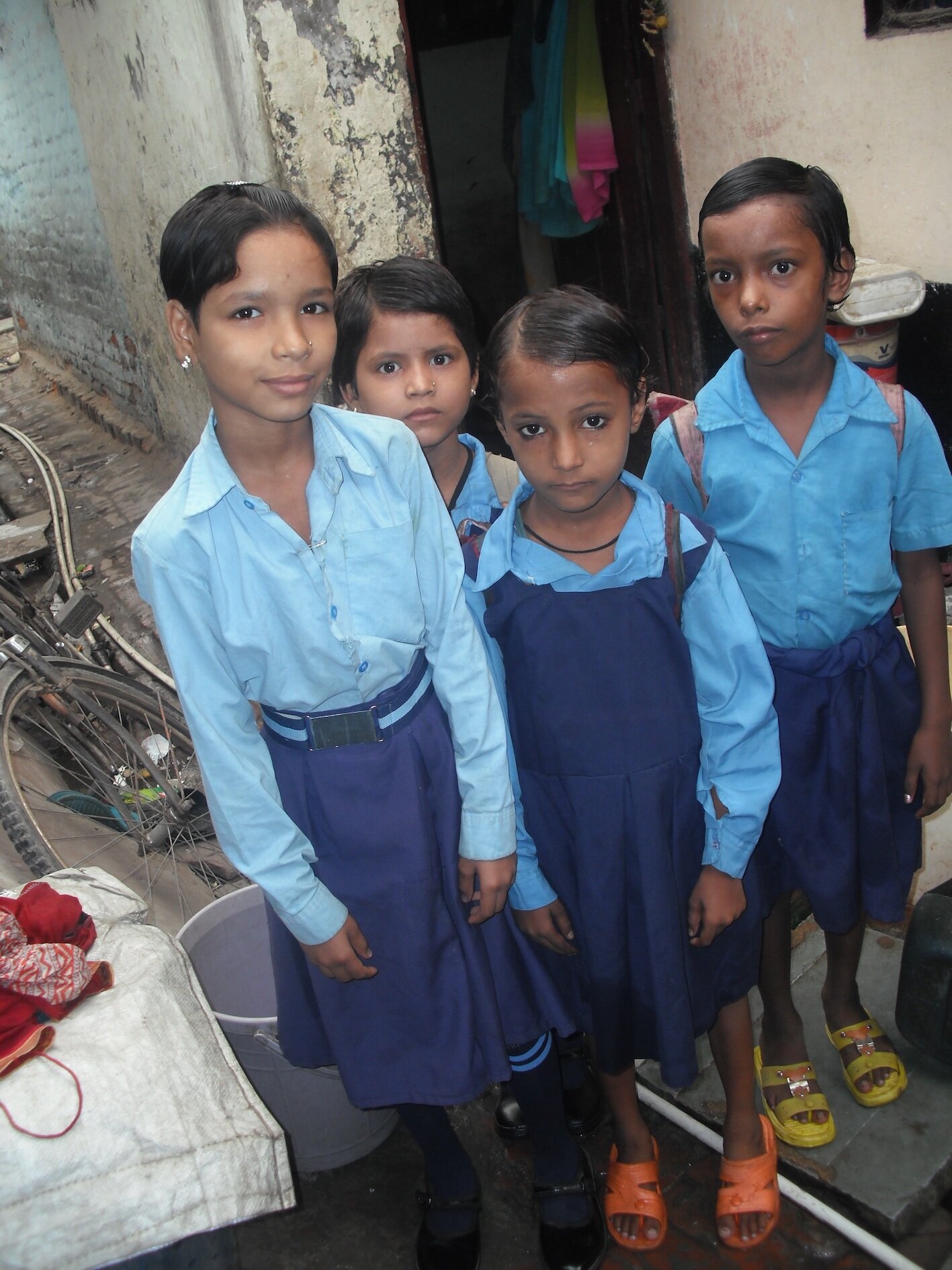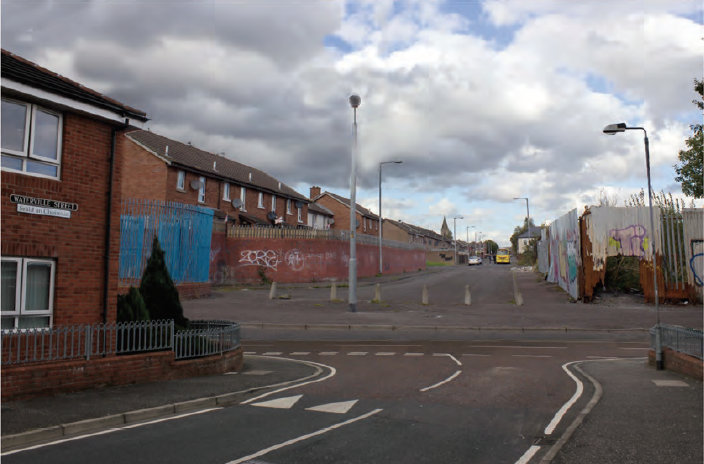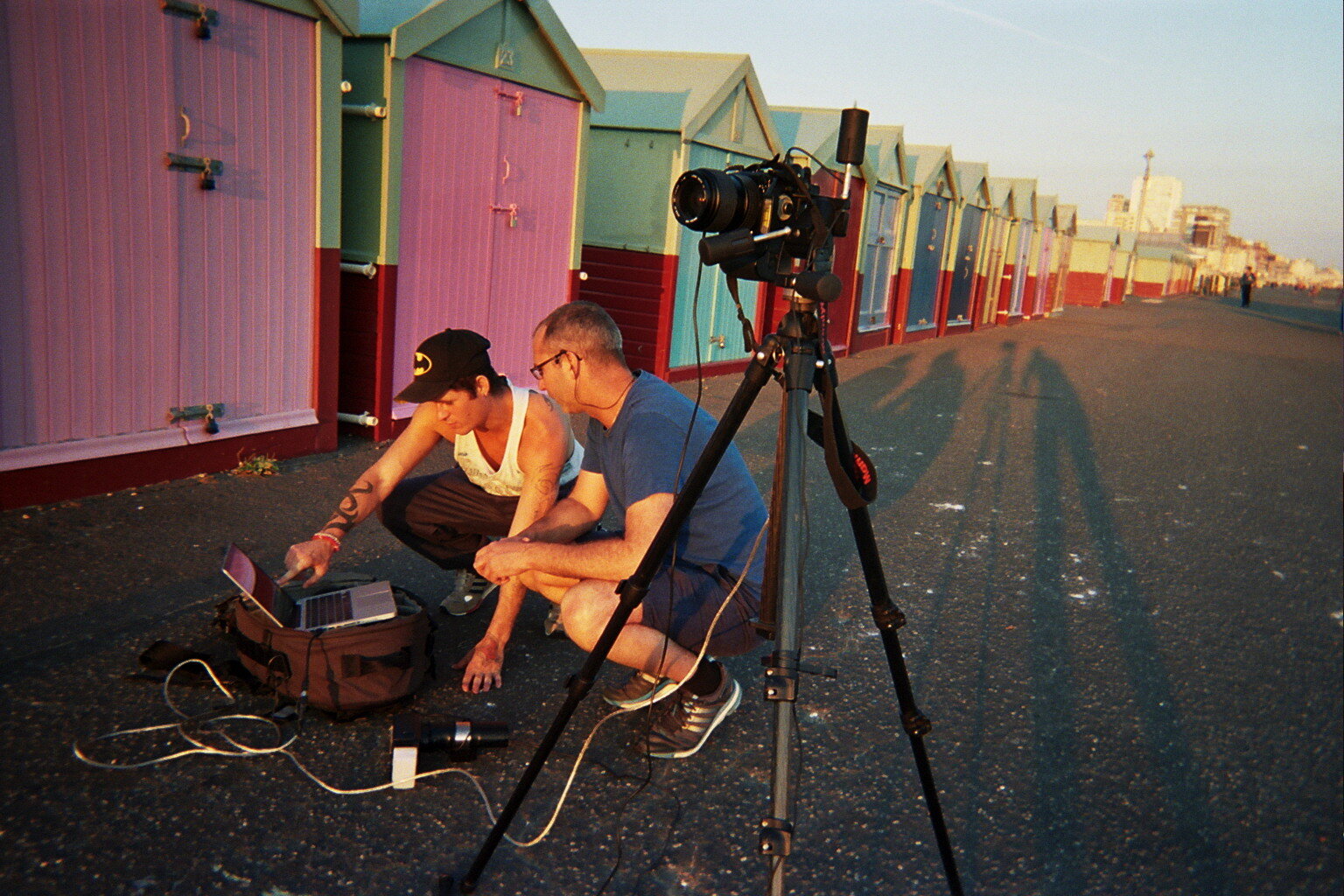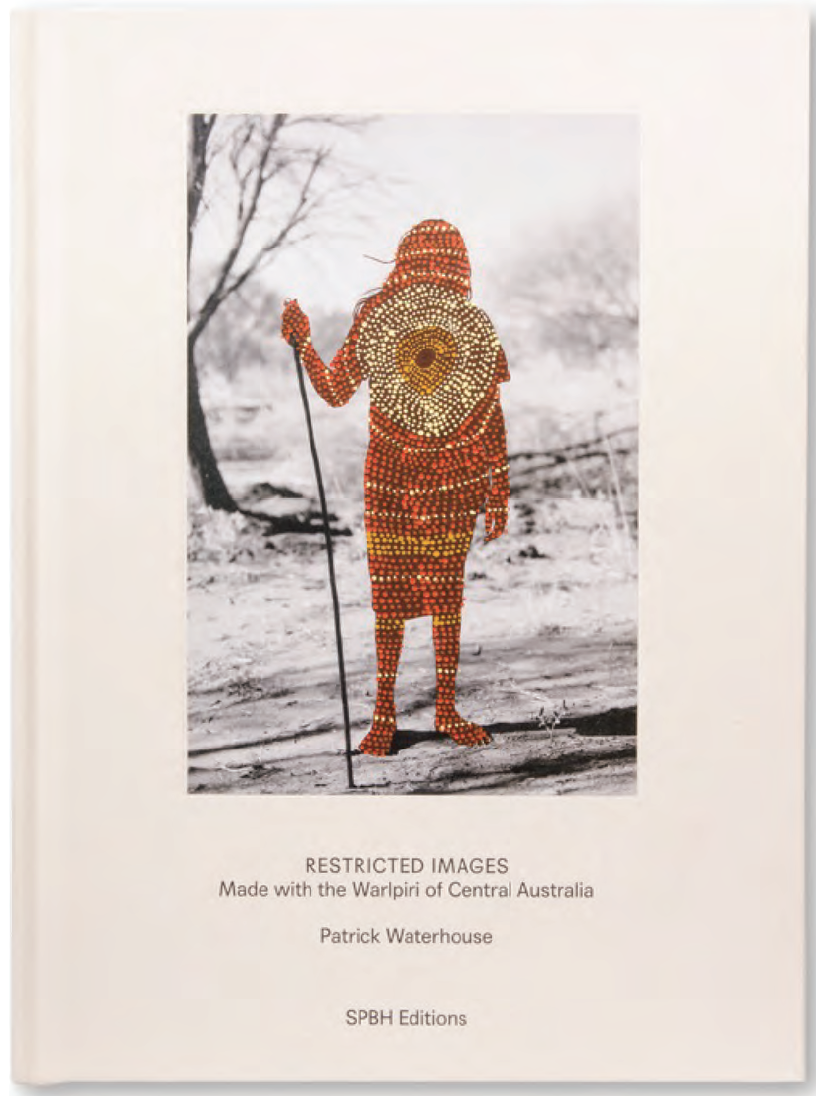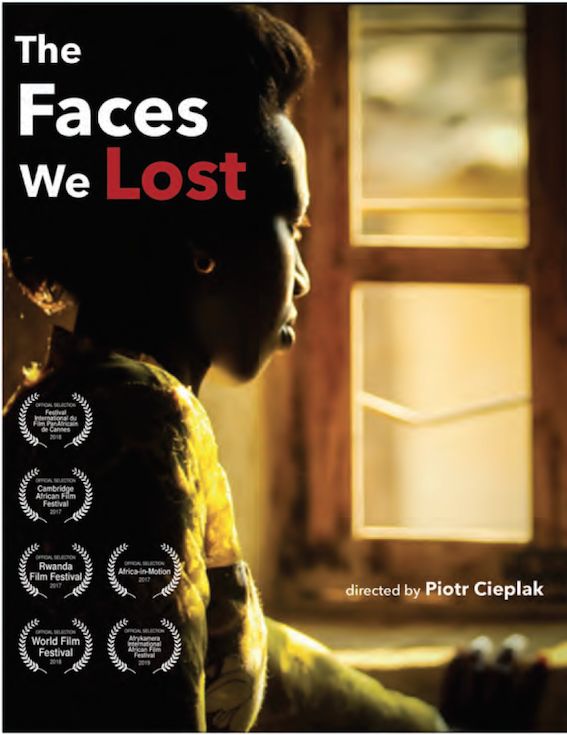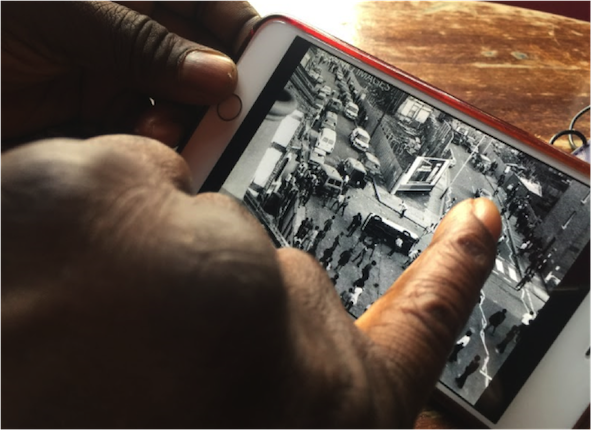Photography & Culture Special Issue: Photography As Dialogue
Photography As Dialogue brings together writing, projects, research and a film that explore how communities, researchers and artists are using photography to carve out and open up spaces for conversations. This special issue of the academic journal Photography & Culture, which I edited with Liz Orton, explores the dialogical potential and limits of photography. It brings together an eclectic range of projects from around the world that demonstrate the plural ways that photography can open up reflexive spaces in which dialogue thrives while also acknowledging how photography can act to close down conversation. How is it that images and image-making serve to facilitate, catalyse and obscure dialogue? What is particular about the talk that happens through and with images?
Editorial Introduction, Photography As Dialogue by Tiffany Fairey and Liz Orton
In our intro, Photography As Dialogue, we reflect on questions around the dialogical potential of photography that arose over the course of our 10 year project, in which we have sent over 260 images back and forth to each other. Drawing on dialogue theory, we argue that if photography is understood as a ‘certain form of human being-with-others in which the camera or photography are implicated’ (Azoulay 2012:18) then it is important to explore the parameters of what constitutes a meaningful form of photography as dialogue. Who is visible, who is speaking and what shapes participation in the dialogue? Is it essential that those involved share a common visual vocabulary? Or do we need to expand our notion of what photography consists of, thinking beyond visual semiotics, to its embodied practice as a collaborative and applied activity to understand its dialogical potential? Thinking about photography as a form of dialogue pushes us to explore the relations that extend out from the image. And it speaks to a hope that creating images together, looking at images together and talking about images together will help us to understand, see and co-exist better.
Please note anyone who does not have access to academic journals can request copies of the articles from the authors or editors.
